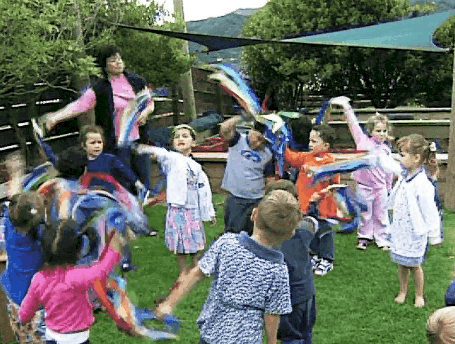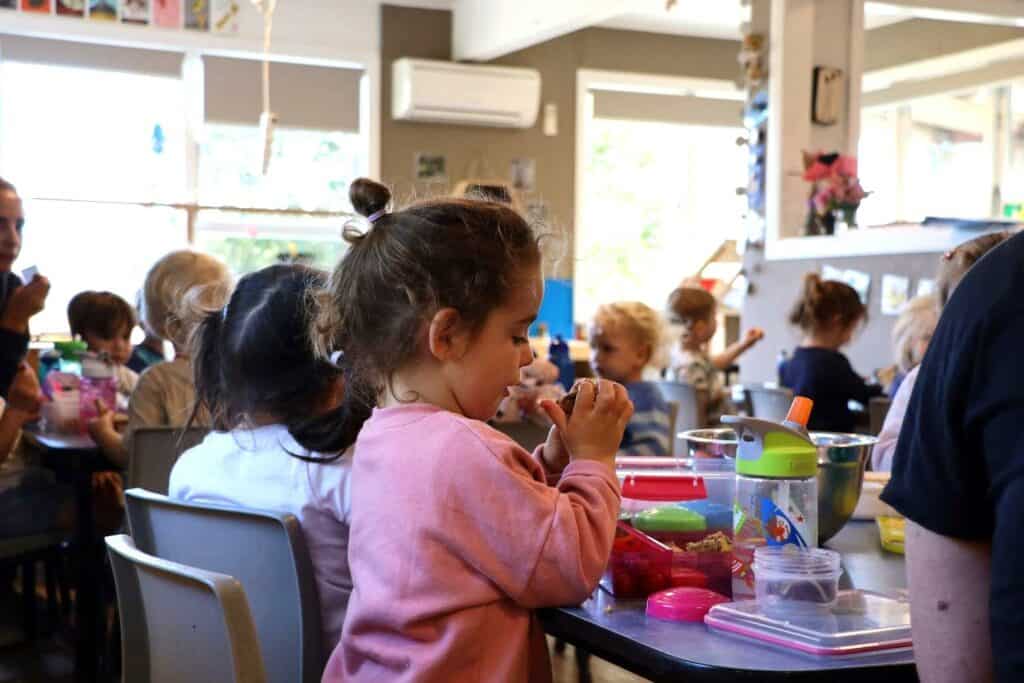
July 16, 2020.
The sooner the Ministry of Education starts specifying attestation rates as an hourly wage amount and not as a salary figure the better.
Attestation is expected to be met against an hourly rate threshold of $23.97 minimum an hour.
Centres will get it wrong if they pay a salary of $49,862 and do not count any additional hours worked above 40 in a week.
If for example, a teacher works 42 hours a week (e.g. because of a compulsory staff meeting, parents arriving late to pick up children, or any other reason) and is paid the minimum salary amount of $49,862, your service’s answer to the attestation question on the RS7 would need to be “NO” since the effective hourly rate would be below the minimum attestation rate.
If your service’s answer is “YES” then your centre could be asked by the Ministry of Education to repay funding, which may go back more than one funding round and put your service at risk of becoming insolvent.
A certificated teacher working 42 hours a week should be paid a minimum of $52,350.48 to meet the funding condition.
It shouldn’t be too difficult for the Ministry to update its website to make it clear that for salary attestation the minimum rate to pay qualified and certificated teachers to meet attestation requirements is $23.97 for hours worked (whether it is 20, 30, 40 or 45 per week or whatever).
Information supplied by the Ministry regarding attestation based on the Early Childhood Collective Agreement (which is not correct) has yet to be updated and not all its advisers are up to speed with the changes that have happened.
The Funding Handbook states that higher funding rates for education and care services are only available to services that agree to pay all primary and ECE qualified and certificated teachers employed by their service at least at the Q1, Q2, Q3 and Q3+ entry levels in the current Early Childhood Collective Agreement of Aotearoa New Zealand. (Note that the ECCA that the ministry is referring to expired in Sept 2019 and NZEI has yet to negotiate a new agreement for its members).
But education minister Chris Hipkins, has said NO to attestation being based on the ECCA. Budget 2020 provided for salary attestation to be set at the starting wage for a newly qualified and certificated teacher under the Kindergarten Teachers’, Head Teachers and Senior Teachers Agreement (2019 – 2022), and this took effect from 1 July 2020.
Further information
The Ministry requires that services maintain certain records to assist with verification that each certificated teacher was paid at least at the required level.
Along with keeping copies of qualifications and current practising certificates, services must keep a record of the annual salary (or hourly pay rate) each employed certificated teacher is paid, the time period for which each employed certificated teacher was paid at this level, and the employer’s and teacher’s signatures.








